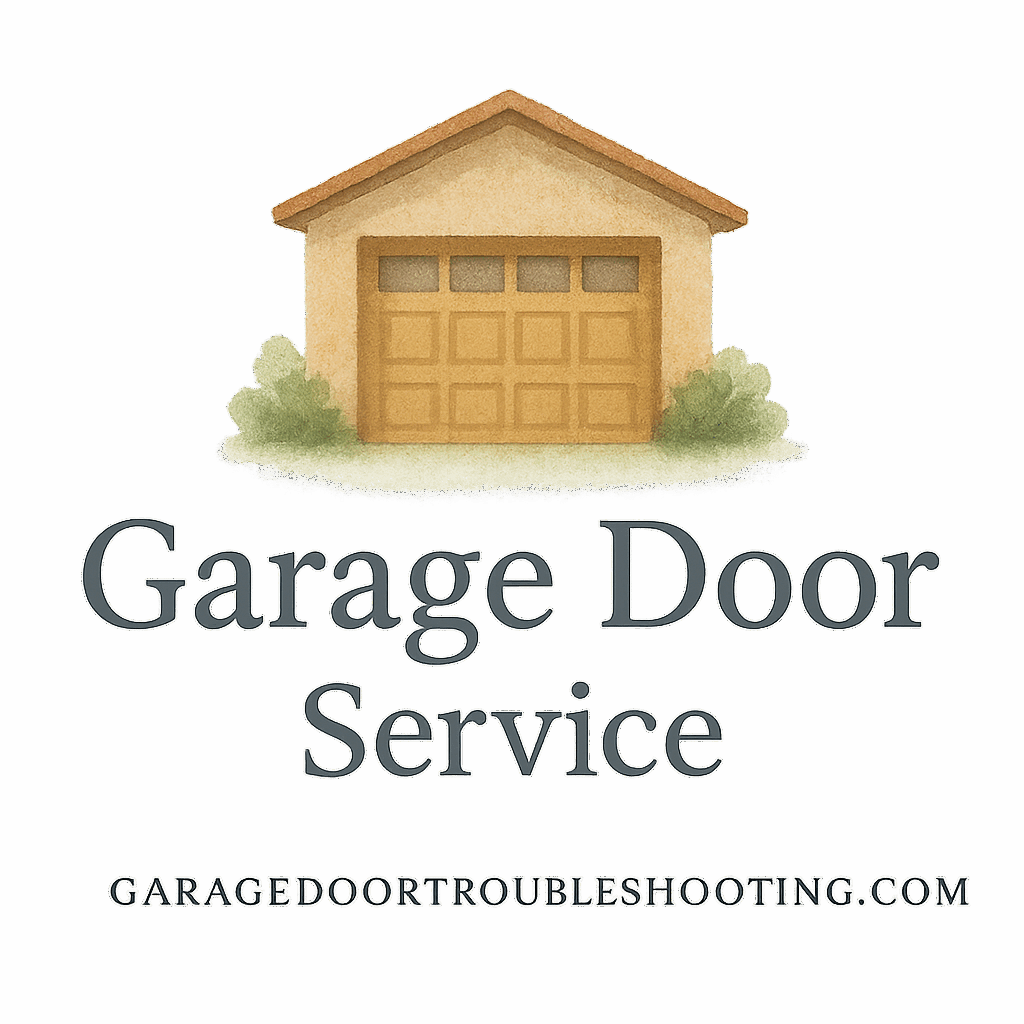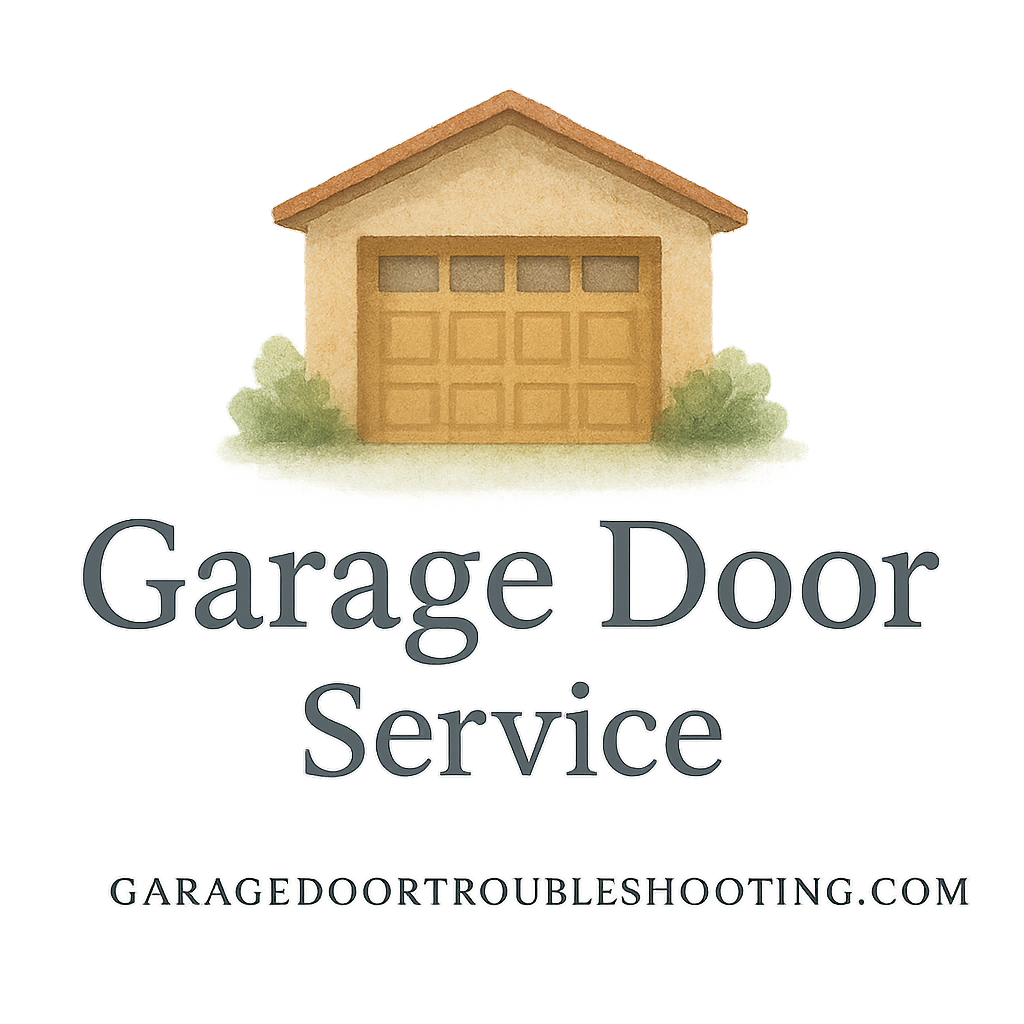Why Garage Door Maintenance Matters
Think about how often you use your garage door—probably more than your front door. Over time, that heavy system of springs, rollers, tracks, and cables takes a beating. Without regular attention, small issues snowball into costly garage door repairs.
Proper maintenance not only reduces those repair bills but also ensures your garage door remains safe, smooth, and reliable.
If you’re a homeowner looking for long-term savings, following professional secrets can make all the difference.
For more insights, you can also explore expert garage door maintenance tips.
The Cost of Ignoring Garage Door Repairs
Ignoring routine care is like skipping oil changes on your car—you’ll pay for it later. Delayed maintenance often leads to:
- Broken springs that can snap dangerously
- Misaligned tracks causing the door to jam
- Burnt-out garage door openers from extra strain
Once damage happens, you’ll spend much more on garage door repair guides than preventive care.
Professional vs. DIY Maintenance
Here’s the truth: Some tasks are safe for homeowners, but others require professional expertise.
DIY is great for cleaning tracks, tightening screws, or lubricating rollers. But when it comes to springs, cables, or opener motors, a trained garage door services professional is the safest option.
Want to know which tasks are dangerous? Check this guide on dangerous repairs.
Secret #1: Regular Lubrication for Moving Parts
Lubrication is the unsung hero of garage door repairs prevention. Every hinge, roller, and spring needs the right grease to reduce friction.
Best Products for Garage Door Lubrication
Silicone-based sprays are the go-to. Skip WD-40—it cleans but doesn’t lubricate. Professionals swear by products designed specifically for garage doors.
How Often Should You Lubricate?
Every six months is ideal, but if you live in a dusty or humid area, quarterly lubrication will keep things running smoothly.
Secret #2: Balance and Alignment Checks
A garage door that’s out of balance puts extra pressure on the opener. That stress leads to costly garage door repairs.
How to Test Door Balance Safely
Disconnect the opener and lift the door manually. If it doesn’t stay halfway open, the balance is off.
Why Alignment Issues Lead to Repairs
Misaligned doors strain cables, rollers, and springs—problems that quickly turn expensive if ignored.
Secret #3: Spring and Cable Inspections
Springs and cables are the lifeline of your garage door. They carry most of the weight, so when they fail, the whole system collapses.
Why Springs Are the Most Dangerous Component
Garage door springs are under extreme tension. One wrong move during repair, and you could face serious injury. Always consult a professional.
Signs You Need Immediate Professional Help
- Loud bangs from the garage
- Gaps in the spring coil
- A garage door that slams shut instead of gliding
Secret #4: Tightening Loose Hardware
Over time, vibrations from daily use loosen screws, bolts, and brackets.
Common Hardware That Loosens Over Time
- Track brackets
- Roller hinges
- Door handles
Tools Professionals Use for Quick Fixes
A socket wrench set and thread-locking compound are essentials for pros. Tightening hardware can add years to your door’s lifespan.

Secret #5: Weatherstripping Replacement
Weatherstripping isn’t just about energy savings—it prevents water damage, pests, and unnecessary garage door repairs.
Benefits Beyond Fewer Repairs
- Keeps your garage warmer in winter
- Stops rust caused by rainwater
- Blocks debris from entering tracks
Step-by-Step Replacement Guide
- Remove old, cracked stripping
- Clean the surface thoroughly
- Install new stripping with adhesive or screws
For more homeowner tips, check our detailed guides.
Secret #6: Sensor Cleaning and Adjustment
Safety sensors prevent your garage door from crushing objects. But dirt, dust, or misalignment makes them malfunction.
How Dirty Sensors Cause Major Issues
If sensors are blocked, the door won’t close properly, tricking homeowners into thinking the opener is broken.
Tips for Keeping Sensors Aligned
- Use a soft cloth and mild cleaner monthly
- Ensure both sensors have matching LED lights
Secret #7: Annual Professional Inspections
Even the most diligent DIY homeowner benefits from a yearly inspection.
What Experts Look for During a Service
- Spring tension
- Cable wear
- Opener performance
- Track alignment
Why Preventive Service Saves You Money
Catching problems early prevents the need for emergency garage door repairs that cost hundreds of dollars.
Secret #8: Creating a Garage Door Maintenance Plan
Consistency is key to reducing breakdowns.
Monthly Checklist for Homeowners
- Inspect rollers and tracks
- Test the auto-reverse function
- Listen for grinding or squeaking sounds
When to Call in a Professional
If you notice persistent noise, jerky movement, or uneven door travel, it’s time for a service contract with a provider.
Bonus Tips for Extending Garage Door Lifespan
Keep Your Garage Dry and Clean
Moisture causes rust, while dirt clogs rollers. A clean environment equals fewer repairs.
Upgrade Old Parts Before They Fail
Don’t wait for a spring or opener to break. Proactive upgrades save you money and headaches.
Conclusion
Garage doors are more than just entryways—they’re complex machines that need regular attention. By following these 8 professional maintenance secrets, you’ll avoid unnecessary garage door repairs, extend the lifespan of your door, and keep your home safe.
Whether you’re into DIY fixes or prefer professional help, consistency is what matters most. A little time spent now saves you from big bills later.
For deeper resources, visit Garage Door Troubleshooting and explore guides on installation advice, safety tips, and professional services.
FAQs
1. What is the average lifespan of a garage door?
Most garage doors last 15–30 years with proper maintenance, depending on usage and climate.
2. How often should I schedule professional maintenance?
At least once a year, though high-use doors may need checkups every six months.
3. Can I handle garage door spring repairs myself?
No—springs are dangerous. Always hire a professional provider for spring replacement.
4. What lubrication should I use for my garage door?
Silicone-based or lithium grease sprays are best. Avoid WD-40 for long-term lubrication.
5. How do I know if my garage door is unbalanced?
If it doesn’t stay in place when manually lifted halfway, the balance is off.
6. Are smart garage door openers worth the upgrade?
Yes—they improve safety, convenience, and allow remote monitoring of your garage.
7. What’s the difference between repair and replacement?
Repairs fix specific parts, while replacement involves a full new system. Regular planning helps decide which is best.


